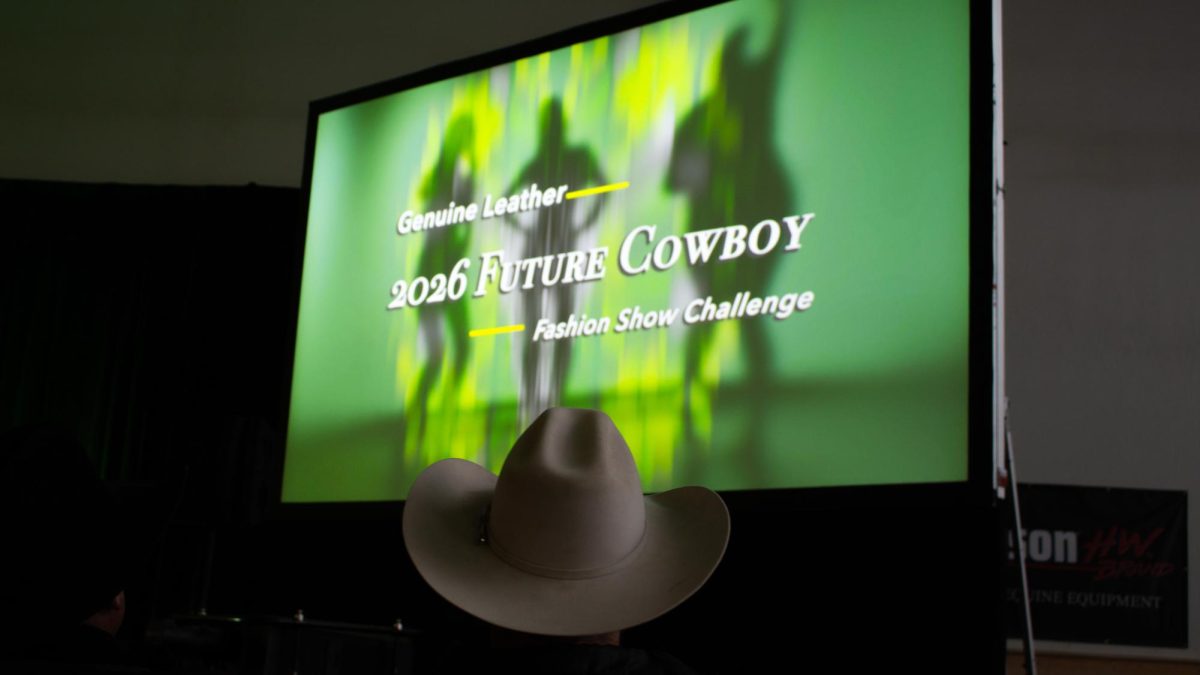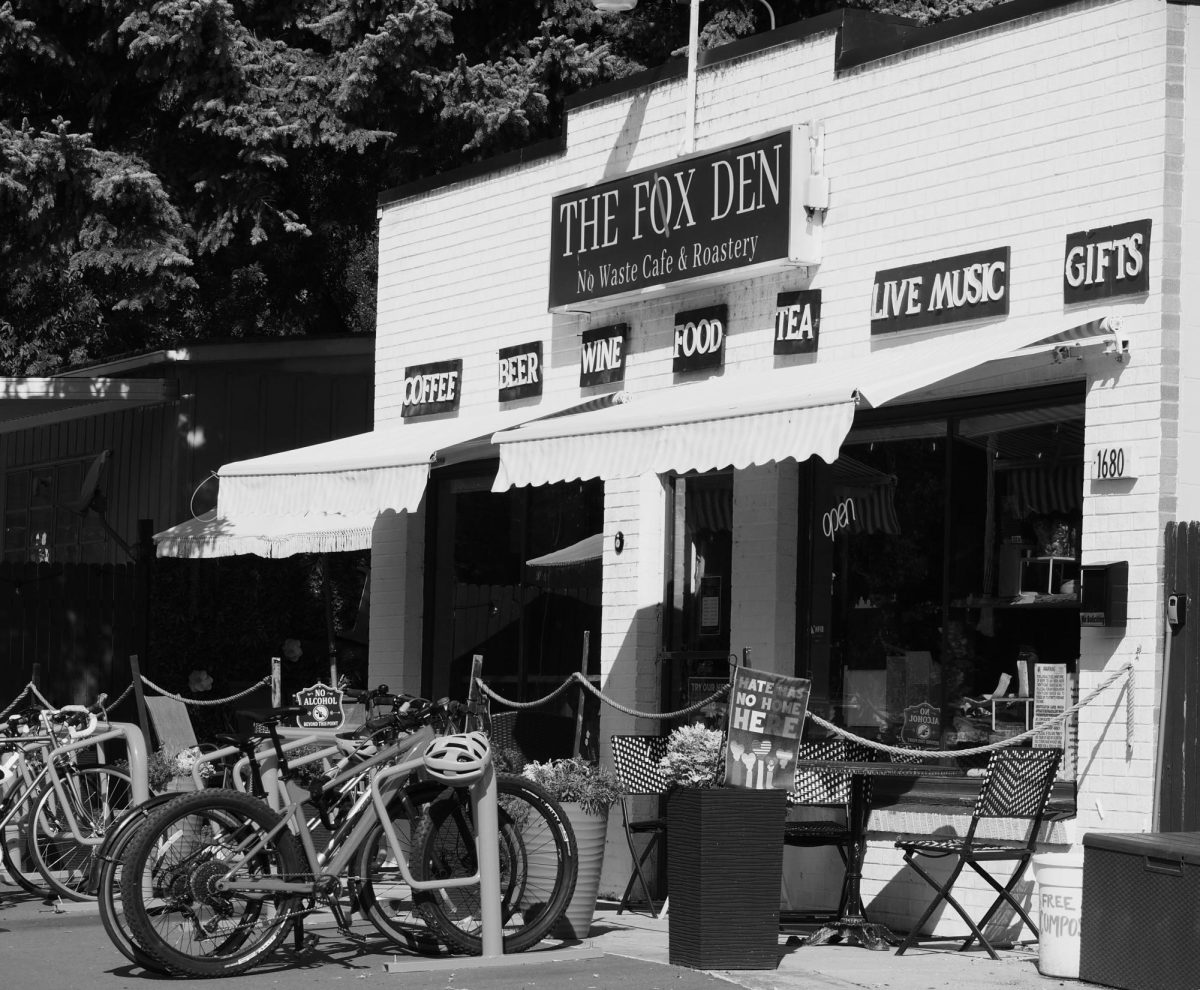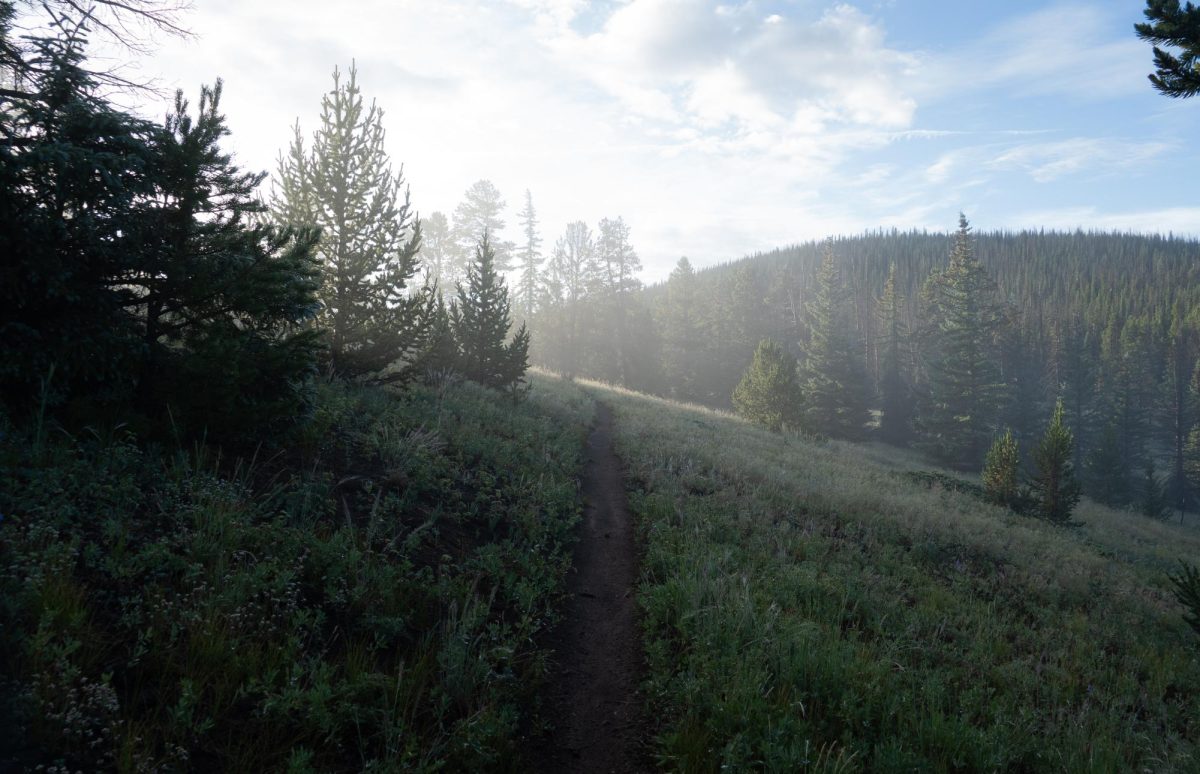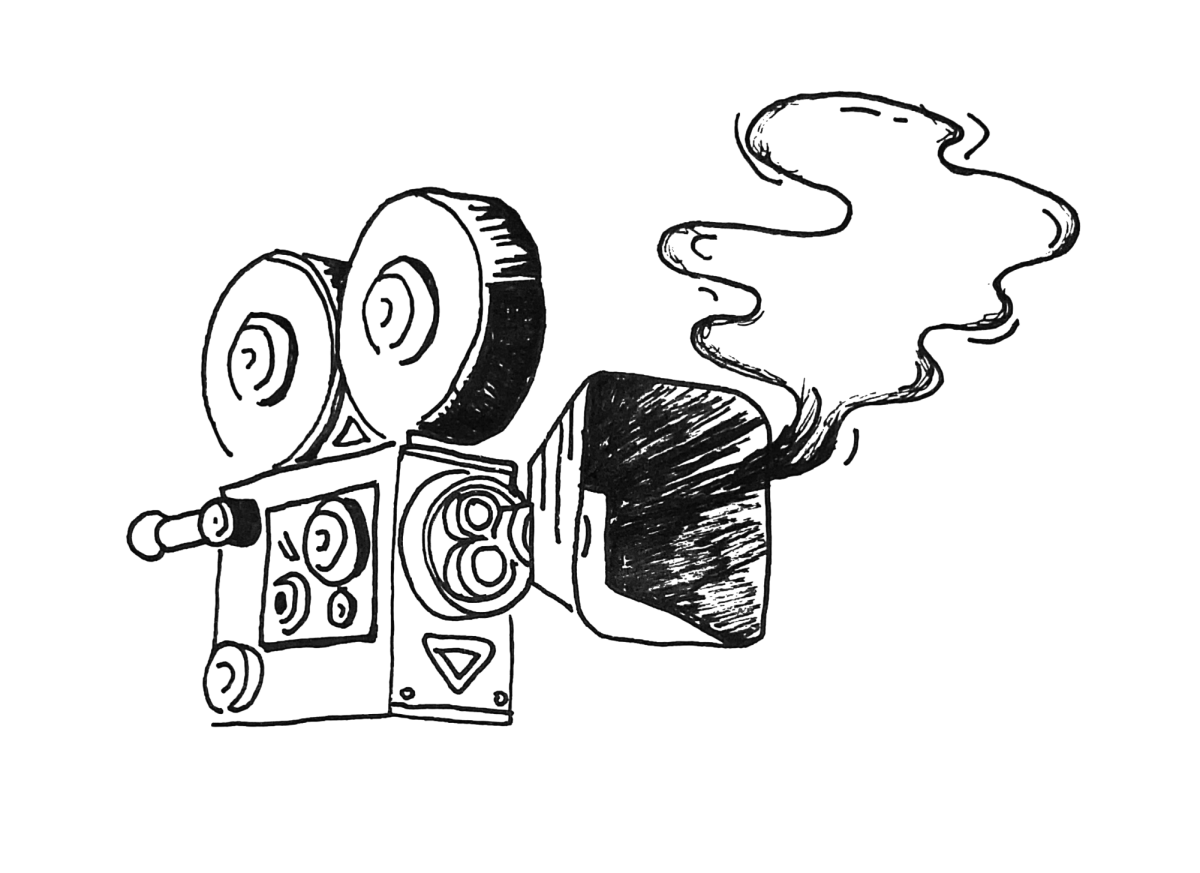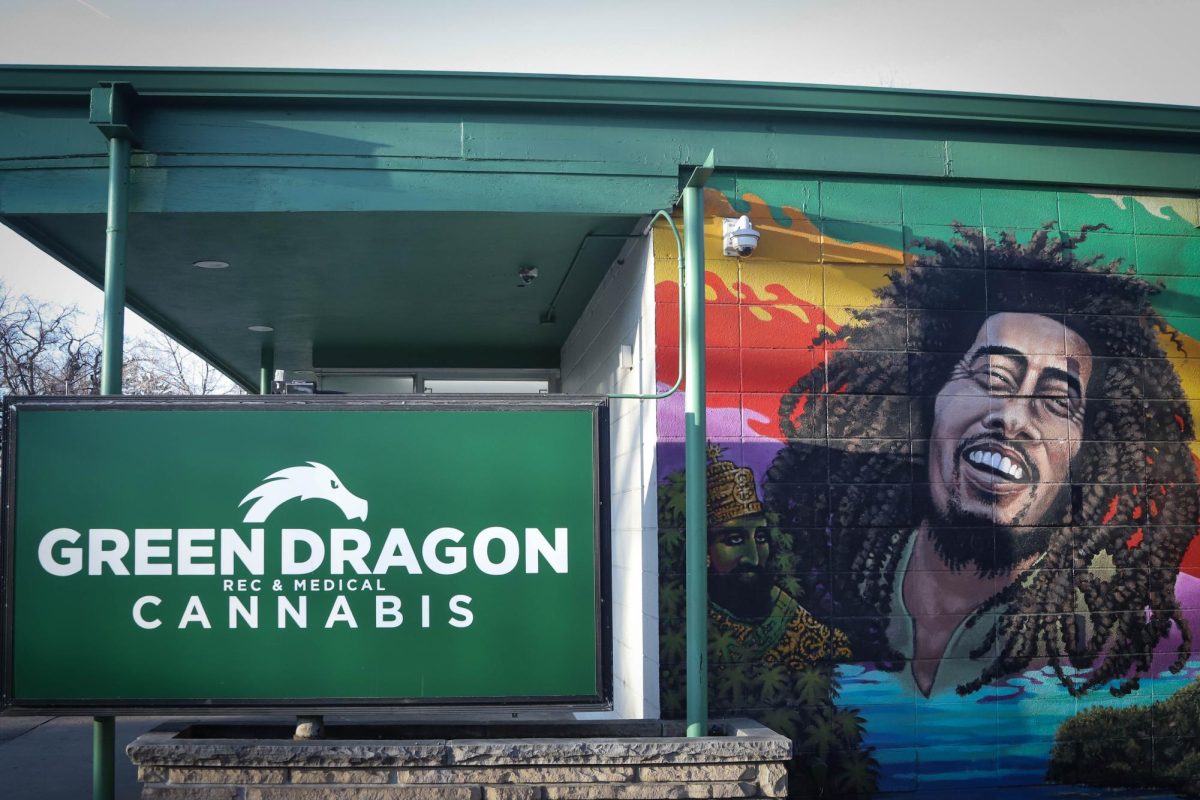Few substances have left a mark on pop culture the way marijuana has. From its depiction in films to its celebration in music, weed has been a staple in the zeitgeist for generations.
Marijuana has been depicted in pop culture for some time now and, until recent years, hasn’t been widely accepted or portrayed in a positive way. Some of the most common depictions of cannabis in movies are rebellious antics and laziness. These movies are referred to as stoner comedies.
Chronic Comedies
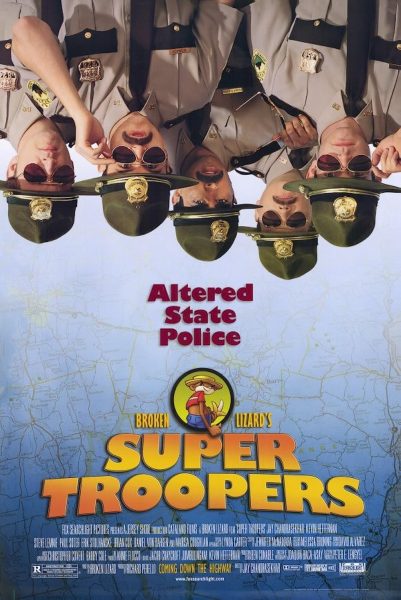
Some iconic stoner comedies include “Fast Times at Ridgemont High” (1982) and “Dazed and Confused” (1993). These coming-of-age classics serve as prime examples of how stoner culture and youth culture are somewhat tied together. In these films marijuana serves as a symbol of rebellion and camaraderie, presenting an image of weed both in and out of film that is still present today.
The more recent film, “Super Troopers” (2001), takes a more humorous stance, presenting a group of middle-of-the-road state troopers and their inclination for marijuana, ironically leading them to several absurd situations. It serves as a commentary on the blurred lines between law enforcement and recreational drug use.
“Pineapple Express”’ (2008) takes a different approach, blending action and comedy to deliver a wild ride fueled by weed-induced misadventures. Its cult-like status solidifies its place in the realm of stoner cinema, demonstrating the enduring appeal of weed-centric narratives. Not long after its release, the film cemented its name in stoner history by becoming an official strain of weed.
Marijuana Medleys
Much like film, music presents as a great medium for artists to express their love for their favorite plant. While movies present many different stories about marijuana, all have a similar raunchy stoner plot, whereas music allows for a wide range of genres offering a wide range of stories and points of view.
The hip-hop hit “Because I Got High” by Afroman takes a comedic approach, chronicling the misfortunes that fall upon the protagonist due to his appetite for getting high. Its catchy chorus and ironic lyrics have made this song an anthem for enthusiasts worldwide.
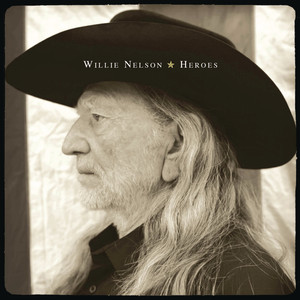 “Pass the Kouchie” by The Mighty Diamonds offers a more reggae sound, telling a story of the communal aspect of smoking. The line “pass the Koutchie pon the left-hand side” refers to a common rule in the smoking community: when smoking a joint with your friends it’s typically known to pass it to the left once you’ve finished hitting it.
“Pass the Kouchie” by The Mighty Diamonds offers a more reggae sound, telling a story of the communal aspect of smoking. The line “pass the Koutchie pon the left-hand side” refers to a common rule in the smoking community: when smoking a joint with your friends it’s typically known to pass it to the left once you’ve finished hitting it.
Weed transcends musical genres and can be found in all areas.
For example, the rap classic “Hits From The Bong” by Cypress Hill, idolizes a popular form of consuming weed, through a bong. A beat that includes the sound of someone smoking from a bong matched with stoner and storytelling lyrics made this song an instant hit in the marijuana community.
On the other hand, “Roll Me Up and Smoke Me When I Die” by Willie Nelson featuring iconic rapper/stoner Snoop Dogg, exudes a sense of laid-back tranquility, reflecting the country legend’s long-standing advocacy for marijuana legalization. With its calm melody and reflective lyrics, the song encapsulates the essence of stoner culture and its embrace of freedom and individuality.
Weed’s influence on pop culture is undeniable, shaping the way we perceive and interact with the world around us. From the big screen to the stereo, its presence is known in a multitude of forms, challenging stereotypes and sparking conversations along the way. As attitudes towards marijuana continue to evolve, one thing remains certain: its place in pop culture is firmly rooted, and destined to inspire generations to come.

